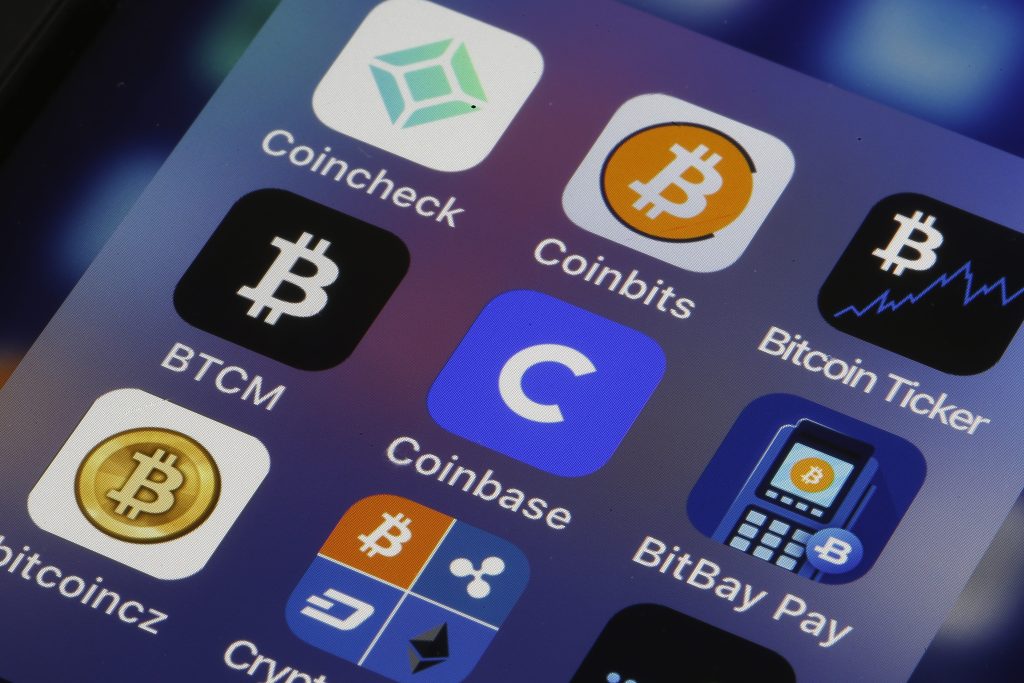In a report released on Tuesday, the Financial Industry Regulatory Authority (FINRA) said that roughly 70% of crypto-related communications reviewed as part of its recent survey contained “false, exaggerated, promissory, unwarranted or misleading” claims or otherwise violated guidelines on public communications.
FINRA said it reviewed more than 500 crypto asset-related retail communications starting in November 2022. According to the regulator it identified more than 70% of the reviewed communications that had “potential substantive violations” of its rules on communications with the public.
“With the growth in this market and increased interest in crypto assets, the potential harm caused by problematic communications has also increased,” said FINRA senior director Ira Gluck. “In order to have enough information to evaluate a crypto asset investment or service, communications need to clearly describe its risks and features.”
As Gluck noted, crypto-related communications could range from a print ad to a podcast to an advertisement included in on social media or within a televised Super Bowl game.
Issues spotted
FINRA said it found instances of broker-dealers failing to explain which products and services they offered and which were offered by a third-party, making false statements about crypto, such as it functioned similar to cash, and comparing crypto to other investments without providing a “sound basis” for that side-by-side analysis.
The broker-dealers also omitted “clear explanations of how crypto assets are issued, held, transferred or sold,” and misrepresented “the protections of the federal securities laws or FINRA rules applied to the crypto assets,” the release said. Examples include “comparisons that misleadingly imply that crypto assets present similar or the same benefits as gold or cash alternatives” and failing to define technical terms associated with crypto assets, such as “blockchain” and “decentralized platform.”
FINRA indicated that it had examined the communications of 17 member firms, but the self-regulatory office did not disclose their names. FINRA examiners can refer their findings to the enforcement division, plus the SEC can follow up on FINRA exams and launch its own investigations, but there has been no word of those things occurring.
Rule 2210
Under FINRA Rule 2210, which governs communications, the member firm must file with the agency at least 10 business days prior to first use any retail communication that is published or used in any electronic or other public media. The communcation must (among other things) be fair and balanced, and must provide a sound basis for evaluating the facts in regard to any particular security or type of security, industry, or service.
No member may omit any material fact or qualification if the omission, in light of the context of the material presented, would cause the communications to be misleading. They cannot contain any false, exaggerated, unwarranted, promissory or misleading statements or claims.
This new report does not create rules or new interpretations of old ones, nor take any away, FINRA said, “[r]ather this update poses questions for firms to consider as they review and supervise their retail communications concerning Crypto Assets”.
Interesting timing
FINRA launched the review of crypto-related public communications after FTX collapsed in November 2022.
Before its bankruptcy, that crypto exchange had one of the most prolific marketing campaigns one that featured celebrities, involved the prominent display of its name as the key sponsor on large sporting venues, and had its former CEO make many high-profile media appearances.
On that point, Howard Fischer, a GRIP contributor, noted recently that: “[t]he crypto industry has, since its inception, often been characterized by the outsized and media-savvy personalities that founded its most prominent enterprises. Now some of those personalities are facing significant prison sentences, and their companies have either collapsed or are subject to significant federal oversight.”
“With the growth in this market and increased interest in crypto assets, the potential harm caused by problematic communications has also increased.”
FINRA senior director Ira Gluck
And after a year-plus of highly publicized crypto business collapses, fines and consent orders imposed, and indictments issued, regulation and further guidance are almost certainly coming, mainly to ensure businesses maintain operational integrity and investors and customers have some confidence in this marketplace.
Regulatory examination and scrutiny is going to continue for another reason: Retail investors are now buying spot bitcoin ETFs. The cryptocurrency can be immediately exchanged between buyers and sellers when investors use one of the financial firms approved by the SEC earlier this month, and while the SEC approved the listing and trading of certain spot bitcoin ETFs, it did not approve or endorse bitcoin. Instead the regulator urged investors to remain cautious about the risks associated with products whose value is tied to crypto.
As ordinary investors put money into the digital currency (and take it out), it’s not at all surprising to see FINRA and the SEC pay close attention to how crypto firms communicate with potential and actual investors about their products.

















